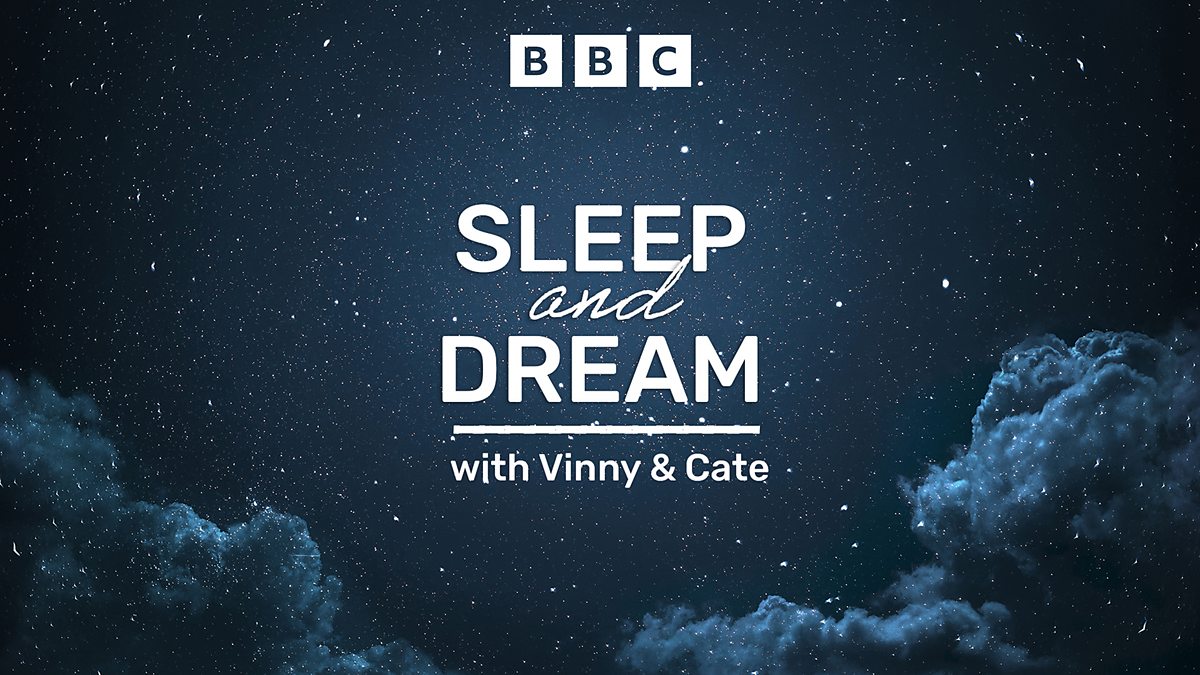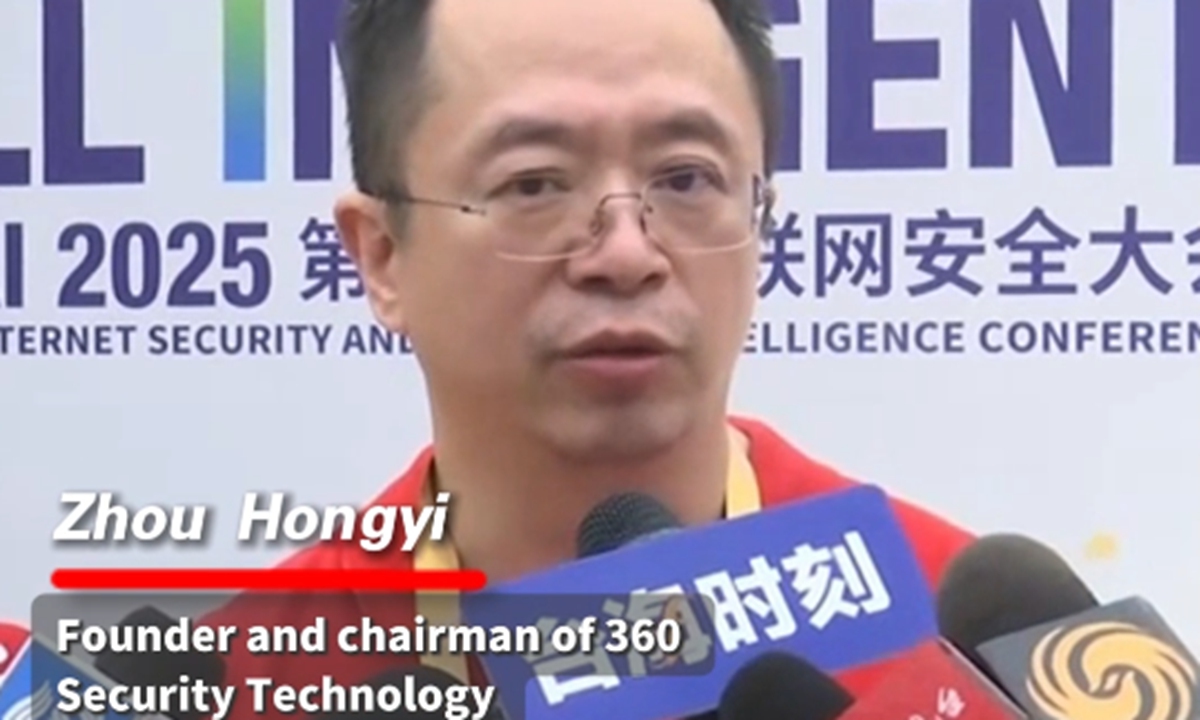Tech to the Rescue? Navigating Sleep Gadgets & the Power of a Sleep Diary (with Expert Advice!)

Struggling to get a good night's rest? You're not alone. With a flood of sleep gadgets promising to optimise your slumber, it's easy to feel overwhelmed. But before you splash out on the latest tech, there's a simple, powerful tool you should be using: a sleep diary.
On this episode, we're diving deep into the world of sleep technology with Dr. David Garley, a leading GP and Sleep Doctor. We'll explore the pros and cons of various sleep trackers, apps, and devices, and discuss whether they're genuinely effective or just another expense. But more importantly, we'll uncover the surprising benefits of keeping a sleep diary – a low-tech solution that can provide invaluable insights into your sleep patterns and help you identify factors affecting your rest.
Why a Sleep Diary Matters
While fancy gadgets boast impressive data, a sleep diary offers a more holistic understanding of your sleep. It's not just about tracking hours slept; it's about capturing the whole picture. Consider these key elements to include:
- Bedtime and Wake-up Time: The basics, of course!
- Sleep Quality: Rate how well you slept on a scale (e.g., 1-5).
- Factors Affecting Sleep: Did you have caffeine late in the day? Were you stressed about work? Did you exercise? Note anything that might have influenced your sleep.
- Naps: Length and timing of any naps taken.
- Evening Routine: What did you do in the hour or two before bed? (Reading, screen time, etc.)
- Diet: What did you eat and drink before bed?
The Rise of Sleep Technology
From smartwatches to bedside sensors, the market for sleep technology is booming. These devices often track metrics like:
- Sleep Stages: Light, deep, and REM sleep.
- Heart Rate: Variations throughout the night.
- Movement: Detecting restlessness and tossing and turning.
- Sleep Environment: Some devices monitor room temperature and light levels.
Expert Insights: Is the Tech Worth It?
Dr. Garley weighs in on whether these gadgets live up to the hype. He highlights that while some technology can be useful for identifying potential sleep disorders or providing general awareness, they aren't a magic bullet. He stresses the importance of using the data responsibly and consulting a healthcare professional if you have concerns.
Combining Tech and Diaries: A Powerful Approach
The best approach? Combine the insights of sleep technology with the detailed record-keeping of a sleep diary. Use the tech to identify trends, and the diary to investigate the why behind those trends. This combined approach allows for a more personalised and effective strategy for improving your sleep.
Key Takeaways
- A sleep diary is a simple, cost-effective tool for understanding your sleep patterns.
- Sleep technology can provide valuable data, but shouldn't be relied on exclusively.
- Combining both approaches offers the best chance of improving your sleep quality.
Tune in to hear Dr. Garley's expert advice on navigating the world of sleep technology and unlocking the power of a sleep diary. Sweet dreams!






